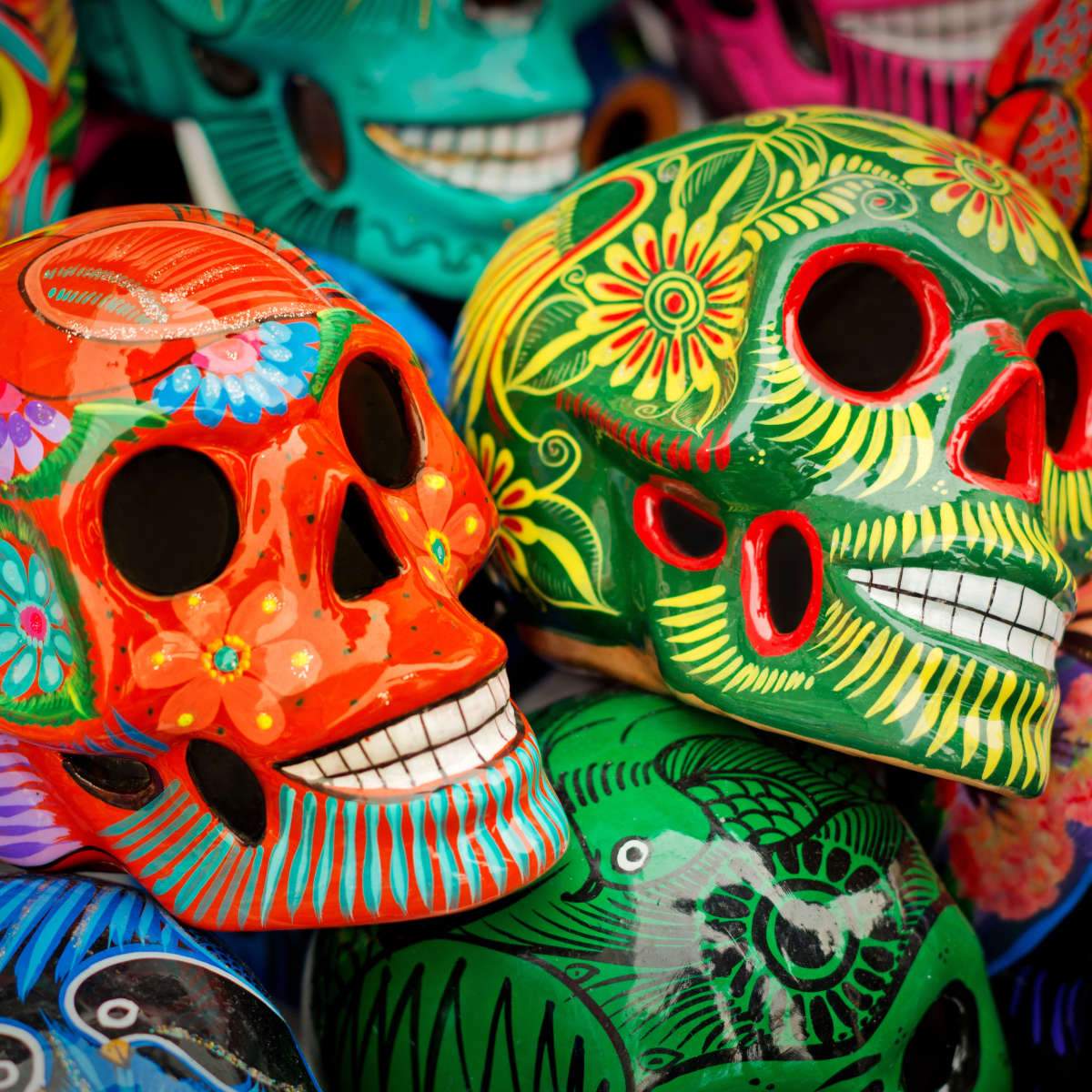Dia de los Muertos
Día de los Muertos in English translates to “Day of the Dead”. El Día de los Muertos is a Mexican holiday. It is celebrated on November 1st to November 2nd every year. Traditionally, it is when the souls from a family’s ancestors come back from the dead. Las ofrendas are made to welcome back ancestors. Las ofrendas show their ancestors where they are supposed to go.
Dia de los Muertos is not related to halloween. They are often lumped together because they are around the same time. On November 1st the children come back from the dead and on November 2nd the adults come back from the dead.
Dia de los Muertos started after Spanish and Aztec traditions blended. In the Aztec traditions, Mictecacihuatl means Lady of the Dead and it later blended with Catholic traditions and then became what we now know as “Dia de los Muertos” today.
There are many different ways to celebrate this holiday. Some families go to cemeteries and lay flowers on their ancestors’ graves and light candles. This holiday isn’t filled with grieving. It is a celebration, so there is no mourning and they play festive music. These celebrations are always full of color. Many people paint skulls on their faces. They are often colorful. Many also place skulls on the ofrendas. Food is a huge part of the traditions. Pan de los Muertos, which means day of the dead bread, is a very popular food. Sugar skulls are made as well and even sometimes placed on the altars (ofrendas).
Even though this is a Mexican holiday, other Latin American countries celebrate this Holiday as well. The other countries celebrate this holiday in different ways. Some countries’ celebrations aren’t as colorful or vibrant as Mexico’s.
There is no right way to celebrate this holiday. Traditions vary from country to country. They also can even vary within a country. For example it may be celebrated differently in Western Mexico compared to Eastern Mexico. Some families go to town fiestas. The fiestas can last even four days. Dia de los Muertos is even celebrated in the US. Many still make ofrendas and keep traditions from Mexican culture.

